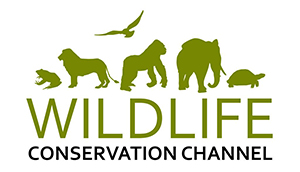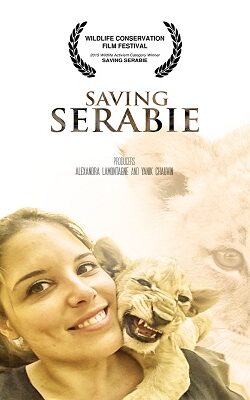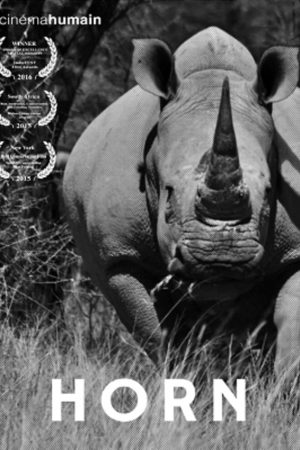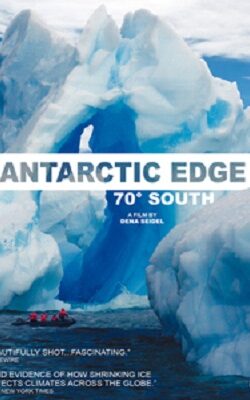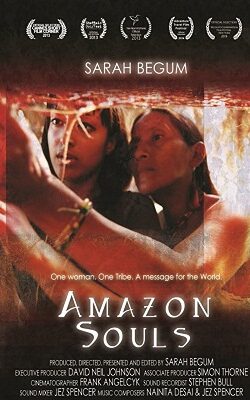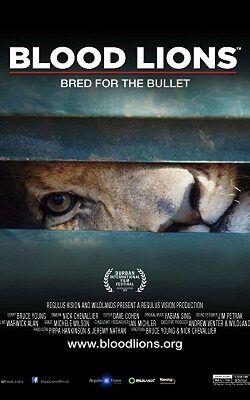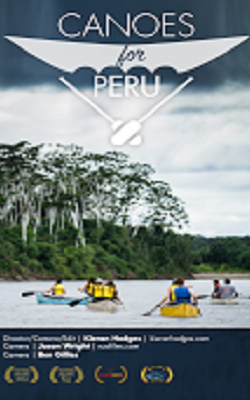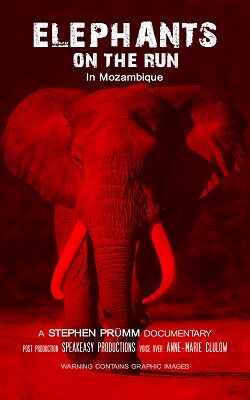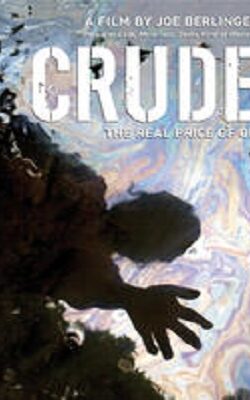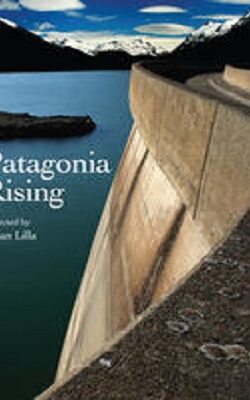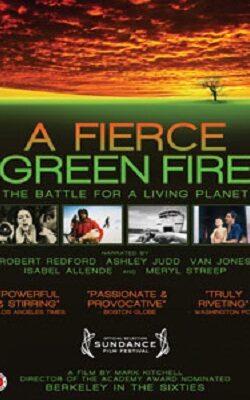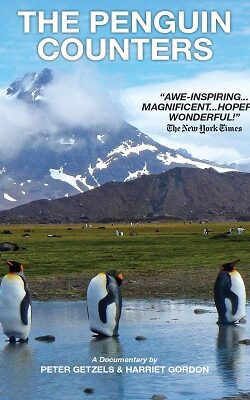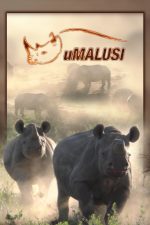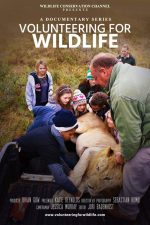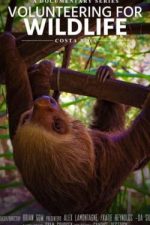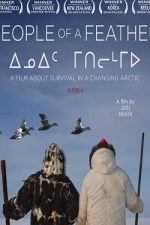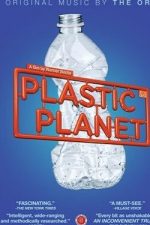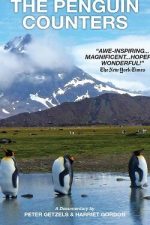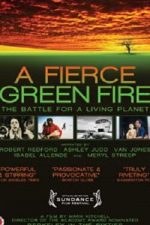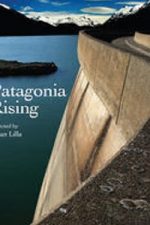Popular Movies
to Watch Now
Most watched movies by days
Alexandra performed this act of personal courage documenting every step with concealed smartphone cameras and one small device. Her story of rescuing Serabie is a 30-minute documentary titled “Saving Serabie”. It has been chosen to film at the Wildlife Conservation Film Festival in New York City in October, 2015. Watch the trailer below.
Wildlife heroes come in different genders and from different countries. They can be your next-door neighbor who rescues an injured duck on the side of the road. They can be the person who takes on a great personal and financial challenge to rescue an animal in a faraway country. This is the story of wildlife heroine Alexandra Lamontagne from Montreal, Canada.
The film HORN is a lived documentary that creatively investigates the issue of rhino poaching by focusing on specific anti-poaching units in South Africa’s Waterberg region. The intention is to determine how effective anti-poaching as a solution-driven method is to combat the surge in organised poaching. A key dimension is the assessment of anti-poaching training as a forward-looking strategy that serves the protection of not only rhinos, but also the wider community.
This includes an evaluation of the physical and psychological impact of such training by following an actor playing a specifically created character within a real-life training situation. The intention is to thereby explore sustainable solutions to this dilemma while simultaneously commenting on the wider socio-political context connected to the survival of the South African rhinos.
By including the contributions of community leaders in South Africa as well as figures working at the forefront of rhino conservation, HORN not only highlights some of the problems facing rhino conservation, but it also points out some of the significant social problems facing the communities in the affected areas – specifically in relation.
Heading Antartica should be like this : Antarctic Edge: 70 Degrees South
Synopsis
A thrilling journey to one of the world’s most perilous environments, Antarctic Edge: 70° South follows a team of scientists as they explore the West Antarctic Peninsula.
In the wake of devastating climate events like Superstorm Sandy and Hurricane Katrina, oceanographer Oscar Schofield teams up with a group of researchers in a race to understand climate change in the fastest warming place on earth. While navigating through 60-foot waves and dangerous icebergs on a world-class icebreaker, the scientists travel to 70° south — to a rugged and inhospitable island called Charcot — with an arsenal of cutting-edge technology that will revolution.
British Explorer, Sarah Begum follows her childhood dream
British Explorer, Sarah Begum follows her childhood dream, traveling deep into the Ecuadorian Amazon Rainforest to live with the legendary Huaorani tribe and immerse in their ancient way of life.
Sarah hunts and gathers with warriors, captures their stories and struggles whilst investigating into the impacts of modernity on their culture.
Through a defining ceremony that challenges Sarah’s limits, she becomes one of the tribe in ways beyond her imagination and sends their message about protecting their land from exploitation.
Blood Lions is a feature documentary that blows the lid off the captive breeding and canned hunting industry in South Africa. It is a compelling call to action about the need for a global campaign to stop lions from being bred for the bullet.
We encourage you to watch our feature film Blood Lions, a serious story that must be told.
The global community must put the Canned Hunting industry out of business – forever !
The Blood Lions team have made significant progress since the film was released last year.
The Australian, French and Dutch governments banned the import of Lion trophies in 2015,
and the USFWS have considerably tightened up on their import regulations which has reduced the number of american hunters arriving into South Africa to pursue canned hunts.
PHASA – The professional Hunting Association of South Africa have distanced itself from the
practice of canned hunting and is trying to encourage other hunting groups to do likewise.
Since the screening of Blood Lions in the EU parliament, Jagd & Hund, Europe’s largest hunting exhibition, have committed to banning the marketing, exhibition or sales of all captive bred animal at the exhibition and through their magazine.
Documentary of an epic project bringing canoeing to the Amazon.
Documentary of an epic project bringing canoeing to the Amazon. The trials and tribulations of getting canoes there and then canoeing the Alta Madre de Dios River in the Peruvian Amazon. It’s a story about effort and life in an isolated part of the world experiencing great change.
Adam Thorn, wildlife expert, explorer and adventurer goes in search of an animal so elusive and so bizarre, most people wouldn’t even know it existed. Imagine an animal with the prehensile tail of a monkey, the claws of a cat and the head of a bear! Thorn ventures deep into the jungles of Borneo in search of this strange creature and finds many fascinating animals along the way.
The Bearcat of Borneo
Adam Thorn, wildlife expert, explorer and adventurer goes in search of an animal so elusive and so bizarre, most people wouldn’t even know it existed. Imagine an animal with the prehensile tail of a monkey, the claws of a cat and the head of a bear! Thorn ventures deep into the jungles of Borneo in search of this strange creature and finds many fascinating animals along the way.
The Tale of the Tapir
Adam Thorn, wildlife expert, explorer and adventurer treks deep into the oldest jungle on the planet in search of one the most shy and weirdest beasts the rainforest has to offer. Thorn explorers untouched wilderness and comes across many more awesome animals.
Northern Mozambique is one of the last unspoilt wilderness area’s in Africa.
Northern Mozambique is one of the last unspoilt wilderness area’s in Africa. The situation for the elephant population is dire, especially in Taratibu, in the Quirimbas, where today there are only around 200 remaining.
You can assist conservation efforts by watching this film and spreading the word
to friends and colleagues.
Director Joe Berlinger continues in the tradition of his justice-driven films Brother’s Keeper and Paradise Lost with this documentary.
Director Joe Berlinger continues in the tradition of his justice-driven films Brother’s Keeper and Paradise Lost with this documentary. Crude travels to South America, where it investigates the mammoth Amazon Chernobyl case from a variety of angles, refusing to take the side of any single person or side. Though it is a non-fiction documentary in form, Berlinger’s film has the pull of a legal drama where human life and the environment are at stake.
A documentary that chronicles a plan to build five large hydro-electric dams on two of the world’s purest free-flowing rivers in Patagonia, Chile.
A FIERCE GREEN FIRE: The Battle for a Living Planet is the first big-picture exploration of the environmental movement – grassroots and global activism spanning fifty years from conservation to climate change. Directed and written by Mark Kitchell, Academy Award-nominated director of Berkeley in the Sixties, and narrated by Robert Redford, Ashley Judd, Van Jones, Isabel Allende and Meryl Streep, the film premiered at Sundance Film Festival 2012, has won acclaim at festivals around the world, and in 2013 begins theatrical release as well as educational distribution and use by environmental groups and grassroots activists.
Inspired by the book of the same name by Philip Shabecoff and informed by advisors like Edward O. Wilson, A FIERCE GREEN FIRE chronicles the largest movement of the 20th century and one of the keys to the 21st. It brings together all the major parts of environmentalism and connects them. It focuses on activism, people fighting to save their homes, their lives, the future – and succeeding against all odds.
The film unfolds in five acts, each with a central story and character:
- 1 David Brower and the Sierra Club’s battle to halt dams in the Grand Canyon
- 2 Lois Gibbs and Love Canal residents’ struggle against 20,000 tons of toxic chemicals
- 3 Paul Watson and Greenpeace’s campaigns to save whales and baby harp seals
- 4 Chico Mendes and Brazilian rubbertappers’ fight to save the Amazon rainforest
- 5 Bill McKibben and the 25-year effort to address the impossible issue – climate change
Surrounding these main stories are strands like environmental justice, going back to the land, and movements of the global south such as Chipko in India and Wangari Maathai in Kenya. Vivid archival film brings it all back and insightful interviews shed light on the events and what they mean. The film offers a deeper view of environmentalism as civilizational change, bringing our industrial society into a sustainable balance with nature.
Featured in the film are:
- the incomparable Lois Gibbs, still fighting for all the Loises
- Paul “I work for whales” Watson
- Bill McKibben, author, activist and founder of 350.org
- leaders like David Brower, Chico Mendes and Wangari Matthai captured on archival film
- Paul Hawken, Stewart Brand and other alternative ecology visionaries
- Carl Pope and John Adams, longtime heads of the Sierra Club and NRDC
- Martin Litton, at 92 still thundering about how you’ve got to have “hatred in your heart”
- Bob Bullard, environmental justice advocate, who closes the film on a universal note, saying, “There’s no Hispanic air. There’s no African-American air. There’s air! And if you breathe air—and most people I know do breathe air—then I would consider you an environmentalist.“
The Penguin Counters follows Ron and his ragtag team of field biologists to one of the harshest corners of the planet, where they track the impact of climate change and ocean health by counting penguin populations.
The documentary takes us from the tip of Argentina to the ominous Deception Island on a treacherous yet heartwarming journey by a 21st century Dr. Doolittle who dreams of conserving this stunning but fragile region for future generations.
Blood Lions is a feature documentary that blows the lid off the captive breeding and canned hunting industry in South Africa. It is a compelling call to action about the need for a global campaign to stop lions from being bred for the bullet.
We encourage you to watch our feature film Blood Lions, a serious story that must be told.
The global community must put the Canned Hunting industry out of business – forever !
The Blood Lions team have made significant progress since the film was released last year.
The Australian, French and Dutch governments banned the import of Lion trophies in 2015,
and the USFWS have considerably tightened up on their import regulations which has reduced the number of american hunters arriving into South Africa to pursue canned hunts.
PHASA – The professional Hunting Association of South Africa have distanced itself from the
practice of canned hunting and is trying to encourage other hunting groups to do likewise.
Since the screening of Blood Lions in the EU parliament, Jagd & Hund, Europe’s largest hunting exhibition, have committed to banning the marketing, exhibition or sales of all captive bred animal at the exhibition and through their magazine.
